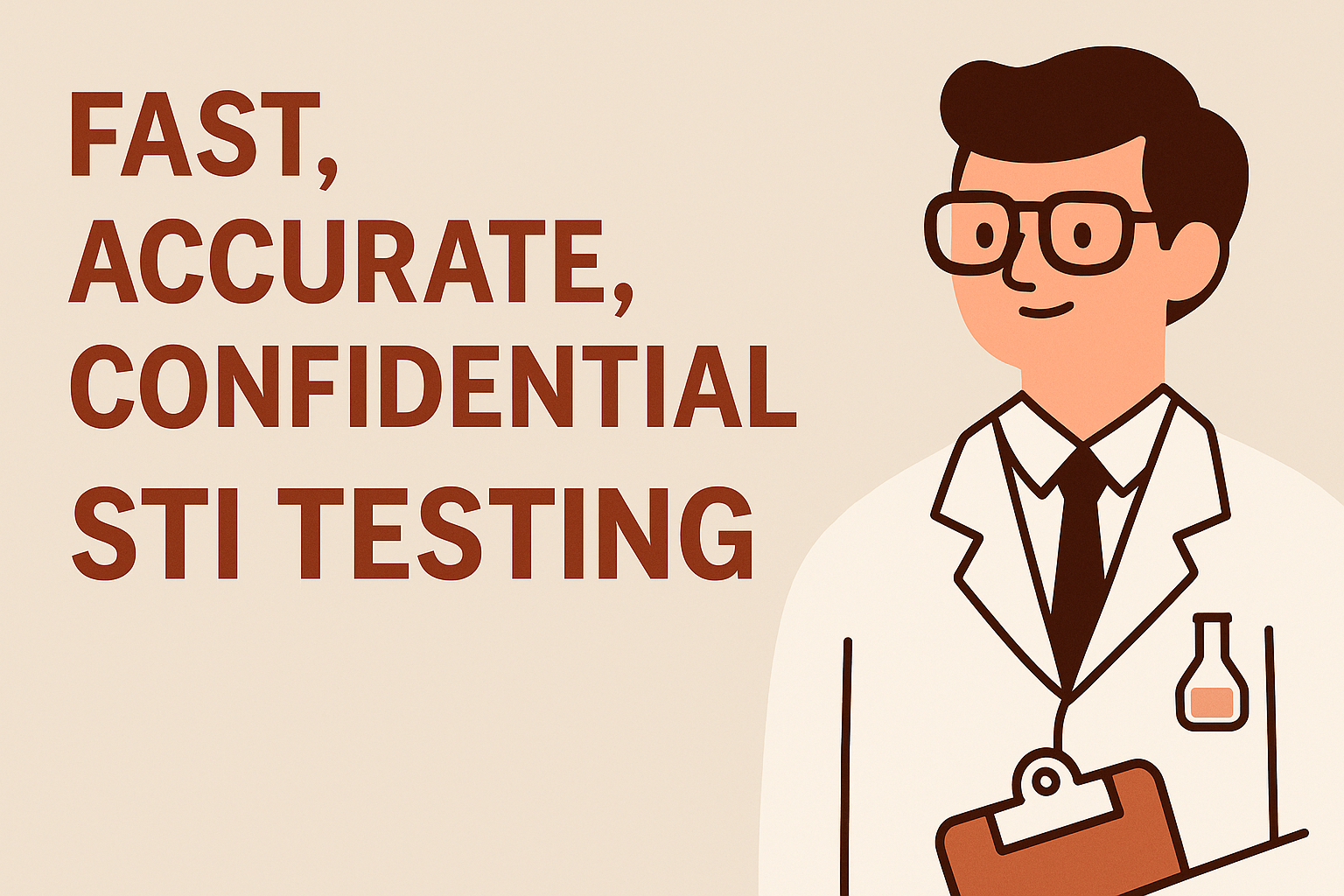Hormone Testing for Women

The Role of Hormone Tests for Women
Women and people assigned female at birth can have hormone testing for many different reasons. Hormone testing may be used for diagnosis, monitoring, and screening:
- Diagnosis: Hormone testing is often used to identify the cause of a person’s symptoms. Testing may be helpful in diagnosing conditions like delayed development, infertility, menopause, polycystic ovary syndrome (PCOS), and certain types of tumors.
- Monitoring: After someone has been diagnosed with a medical condition, ongoing testing may be used to track any changes in their health, including whether treatments are effective. A hormone test for women may be used to monitor people who are having treatments for infertility or cancer. Testing can also help monitor hormone levels in transgender women who are having gender-affirming hormone treatment.
- Screening: Occasionally, hormone testing may be used for screening, which is looking for health issues before there are any signs or symptoms. For example, testing for certain hormones may be performed during pregnancy to screen for potential fetal health problems. In addition, women and people assigned female at birth who are of childbearing age may have hormone tests to see if they are pregnant prior to surgery or admission to a hospital. Pregnancy tests may also be done before incarceration.
Who should get testing?
Hormone testing in women and people assigned female at birth is most often ordered when a patient has symptoms that suggest a possible hormonal imbalance.
Because hormones affect so many bodily systems, hormonal imbalances can result in a wide range of symptoms. Doctors may suggest hormone testing in patients with one or more of the following symptoms:
- Signs of menopause like vaginal dryness, hot flashes, and/or trouble sleeping in people under the age of 40
- Difficulty becoming or staying pregnant
- Signs of pregnancy such as a missed period, tender breasts, nausea, and frequent urination
- Abnormal vaginal bleeding including menstrual periods that are longer than usual or bleeding between periods
- Absent or irregular menstrual periods
- Acne
- Abnormal hair growth
Hormone testing is also used to detect thyroid conditions, which are more common in women and people assigned female at birth. Symptoms of thyroid conditions that may lead to hormone testing include:
- Constipation or diarrhea
- Feeling cold
- Mood changes
- Unexplained weight gain
- Feeling very tired
- Slow or irregular heart rate
- Irritability
- Trouble sleeping
- Changes to skin or hair
Hormone testing may also be suggested if you have previously had health conditions related to hormonal imbalances. People receiving medical care to change hormone levels may have ongoing hormone tests to monitor their response to treatment.
It is important to talk with a doctor if you have any signs of a hormone imbalance or other concerns about your hormone levels. A doctor can help determine whether hormone testing is appropriate and which hormone panel tests to perform.
Latest Posts

STIs (Sexually Transmitted Infections): Why Regular Testing Matters
Early detection saves lives. Bayside Laboratories provides comprehensive STI testing with quick results, advanced PCR technology, and flexible testing options. Serving as the best lab in New York for sexual health diagnostics.
Request Information
Feel free to contact our specialist to find out more about prices and services. We are always ready to answer your questions.








